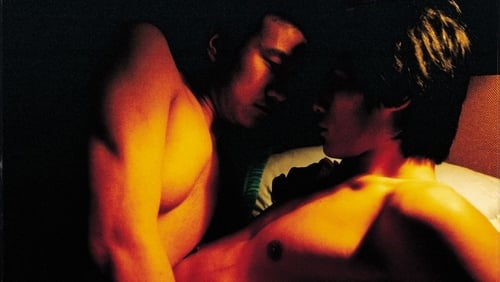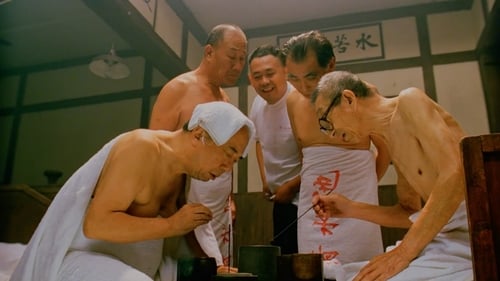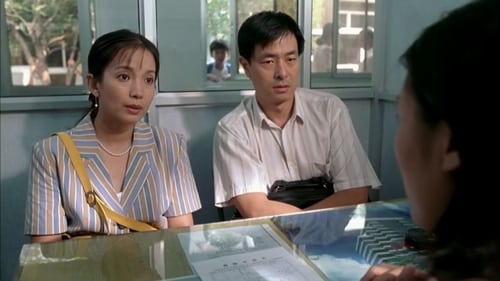
Cinematography
After her mother's lecherous boyfriend reveals she's adopted, incorrigible flirt Dada skips town -- with hopelessly smitten boy-next-door Zhou in tow -- in search of her birth mother.

Cinematography
A young woman who has lost her first love begins a relationship with his best friend, and the two of them attempt to create a baggage-free future.

Cinematography
A love story between a country boy in Beijing to study and a wealthy businessman set against the backdrop of the 1989 Tiananmen Square incident.

Cinematography
An aged father and his younger, mentally challenged son have been working hard every day to keep the bathhouse running for a motley group of regular customers. When his elder son, who left years ago to seek his fortune in the southern city of Shenzhen, abruptly returns one day, it once again puts under stress the long-broken father-son ties. Presented as a light-hearted comedy, Shower explores the value of family, friendship, and tradition.

Cinematography
Six different episodes about different generations' relationships. Love can be sweet, sour, or spicy.

Director of Photography
A young gay man, identified as a writer, encounters a local policeman, who arrests him for public cruising in a park. The policeman is more than professionally curious about the young man, who seems to have the cop's number and suddenly kisses him.

Director of Photography
Story of a real family in Beijing. The father's drinking problem starts it all. The mother struggles to keep the family together till she cannot take it any more.

Director of Photography
A rock musician looks for his girl-friend who left while pregnant, trying to decide whether to keep the baby.

Director of Photography
Often cited as China’s first independent feature film, this low-budget drama, filmed largely in the director’s Beijing apartment, depicts the life of a single mother (a topic considered taboo at the time) caring for her mentally challenged son. Shot with a documentary aesthetic that includes interviews with families of mentally challenged persons, the film helped kick-start the Sixth Generation of filmmakers (including Wang Xiaoshuai and Jia Zhangke) and their ethos of employing documentary realism to depict the true conditions of contemporary China.








